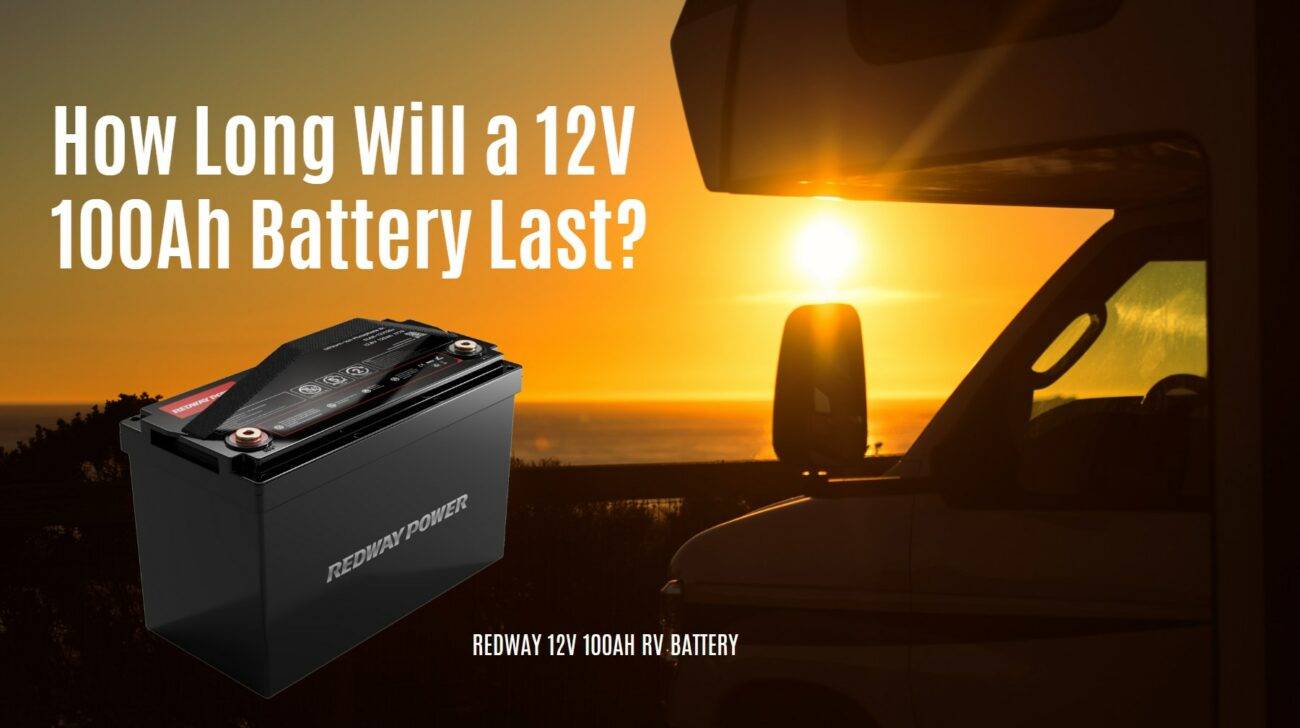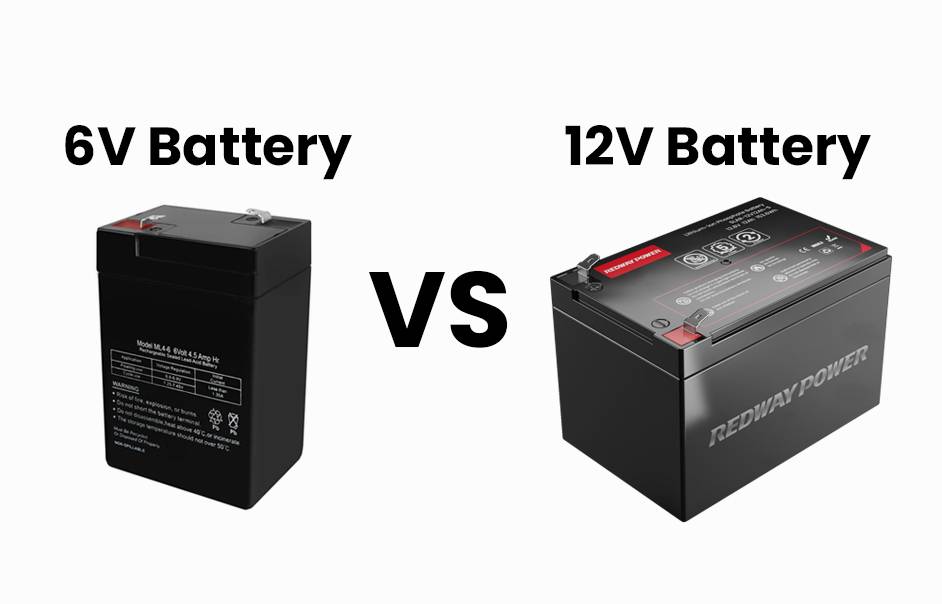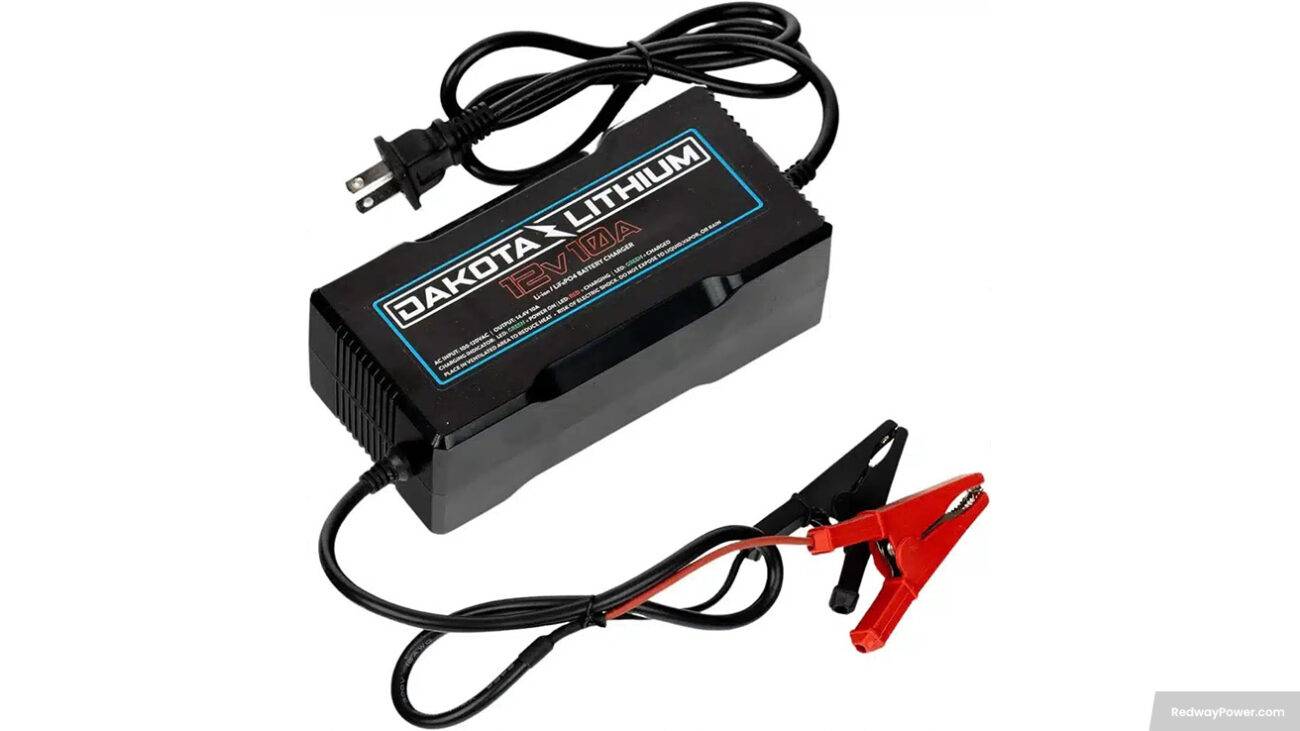Welcome to the world of 12V batteries! Whether you’re into tech, outdoor adventures, or simply value portable power, knowing the charge level of a 12V battery is key. Found in cars, boats, RVs, and solar systems, these powerhouses need attention. In this blog, we’ll unravel the mysteries of battery charge levels, guiding you with insights and tips. So, grab your multimeter, and let’s embark on this enlightening journey!
Understanding the Charge Level of a Battery
Understanding the charge level of your 12V battery is crucial for optimal performance and longevity. Let’s break it down:
- Factors Affecting Charge Level:
- Usage frequency impacts how fast a battery discharges.
- Extreme temperatures can accelerate or reduce charging and discharging rates.
- Measuring Charge Level:
- Use specialized voltmeters or hydrometers for accurate readings.
- Regular measurement is essential for maintaining battery health.
- Tips for Extending Battery Life:
- Keep the battery clean and corrosion-free.
- Disconnect chargers after a full charge to avoid overcharging.
- Store batteries in cool places away from direct sunlight.
- Follow manufacturer guidelines for maintenance.
In conclusion, understanding and managing charge levels ensure optimum performance from your 12V batteries. Regular monitoring and preventive measures maximize lifespan, providing reliable power when needed.
Factors Affecting the Charge Level
Understanding the charge level of a 12V battery involves considering various factors. Let’s simplify:
- Temperature Impact:
- Extreme heat or cold influences battery performance and lifespan.
- Usage Frequency:
- Frequent complete discharges can shorten battery lifespan.
- Maintaining a partial charge extends battery life.
- Battery Age:
- Aging batteries have diminished capacity, affecting charge retention.
- Charging Method:
- Different chargers have varying rates and efficiency levels.
- Choose a charger compatible with your battery type.
- Environmental Factors:
- Humidity and vibration can impact battery charge over time.
By understanding and addressing these factors, you ensure optimal performance and longevity for your 12V battery.
Methods for Measuring the Charge Level
Methods for Measuring the Charge Level of a 12V Battery:
- Voltmeter Reading:
- Use a voltmeter to measure battery voltage.
- A fully charged 12V battery reads around 12.6 to 12.8 volts.
- Hydrometer for Removable Caps:
- Use a hydrometer for batteries with removable caps.
- Measure electrolyte specific gravity for accurate charge level correlation.
- Advanced Battery Testers:
- Battery testers provide precise measurements of voltage and internal resistance.
- Digital displays or indicators make results easy to interpret.
- Consider Manufacturer Guidelines:
- Different battery types may require specific measurement methods.
- Always refer to the manufacturer’s guidelines for accurate readings.
By employing these methods, you can accurately assess your 12V battery’s charge level and take necessary actions for optimal performance, whether it’s recharging or replacement.
Importance of Maintaining the Charge Level
Importance of Maintaining the Charge Level of a 12V Battery:
- Avoiding Unexpected Breakdowns:
- Regularly maintaining the charge level prevents sudden breakdowns, ensuring reliable power.
- Extending Battery Lifespan:
- Keeping the battery charged slows down natural degradation, prolonging its life.
- Enhancing Safety:
- Adequately charged batteries are less prone to leaking or exploding, improving safety.
- Energy Efficiency and Environmental Impact:
- Proper charge levels maximize electrical system efficiency, reducing energy waste.
- Consistent maintenance contributes to environmental consciousness.
- Utilizing Smart Chargers and Voltage Regulators:
- Use smart chargers or voltage regulators to ensure optimal charging without overcharging or undercharging.
In conclusion, maintaining the charge level of your 12V battery is essential for reliability, longevity, safety, energy efficiency, and environmental consciousness. Regular checks and appropriate charging equipment contribute to a longer lifespan, reduced environmental impact, and the assurance of readily available power when needed.
Tips for Extending the Life of a 12 Volt Battery
Proper care and maintenance are key to maximizing the lifespan of your 12V battery. Here’s a concise guide:
- Keep it Clean:
- Regularly check for dirt and corrosion.
- Clean terminals with a baking soda and water mixture to prevent performance issues.
- Avoid Overcharging:
- Invest in a quality charger with automatic shut-off to prevent damage.
- Overcharging reduces the overall battery lifespan.
- Store Correctly:
- Store the battery in a cool, dry place during extended periods of inactivity.
- Disconnect from devices to preserve charge.
- Use it Regularly:
- Batteries perform best with regular use.
- Avoid letting the battery sit idle for extended periods to prevent sulfation and capacity decrease.
- Check Water Levels (if applicable):
- For water-required batteries, maintain levels within the recommended range.
- Add distilled water as needed.
Following these tips ensures optimal performance and longevity for your 12V battery, providing reliable power when needed.














